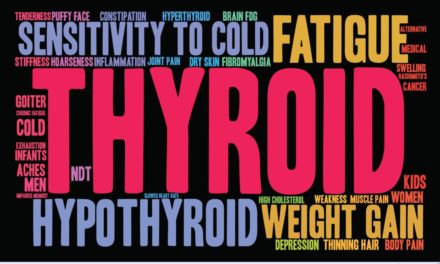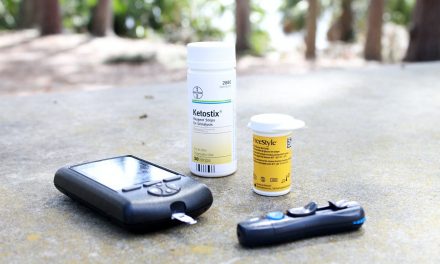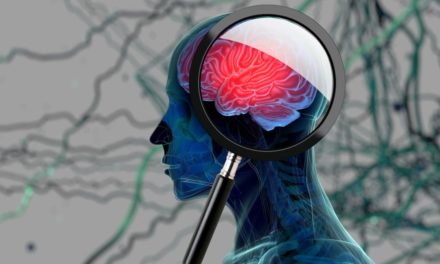Thiamin, also known as vitamin B1, is excreted in increased amounts when a patient is taking diuretics. If you are taking these drugs, you may know them as “blood thinners” or “water pills”. According to an article appearing in Nutriton Review (58(10):319-323), heart problems are one of the characteristic symptoms of beriberi (a disease of thiamin deficiency). Thiamin deficiency has been linked to congestive heart failure. The body does not store a lot of thiamin, only about 30 mg. Thiamin is depleted in alcoholics (alcohol is a diuretic), and patients taking diuretic medication (which includes some blood pressure medication). Thiamin deficiency may be linked to heart failure.
Some signs of thiamin deficiency include fatigue, burning feet, low blood pressure, a tendency to get up in the middle of the night (with trouble falling asleep) and a sense of impending doom. Bio 3-B G is a phosporylated form of thiamin that is more easily utilized by the body than other forms.
Therapy with diuretics also depletes magnesium. Magnesium is necessary to convert thiamin to its active form. Supplementation with thiamin and magnesium may be warranted in patients who are taking diuretic medication and who are at risk for heart failure.






